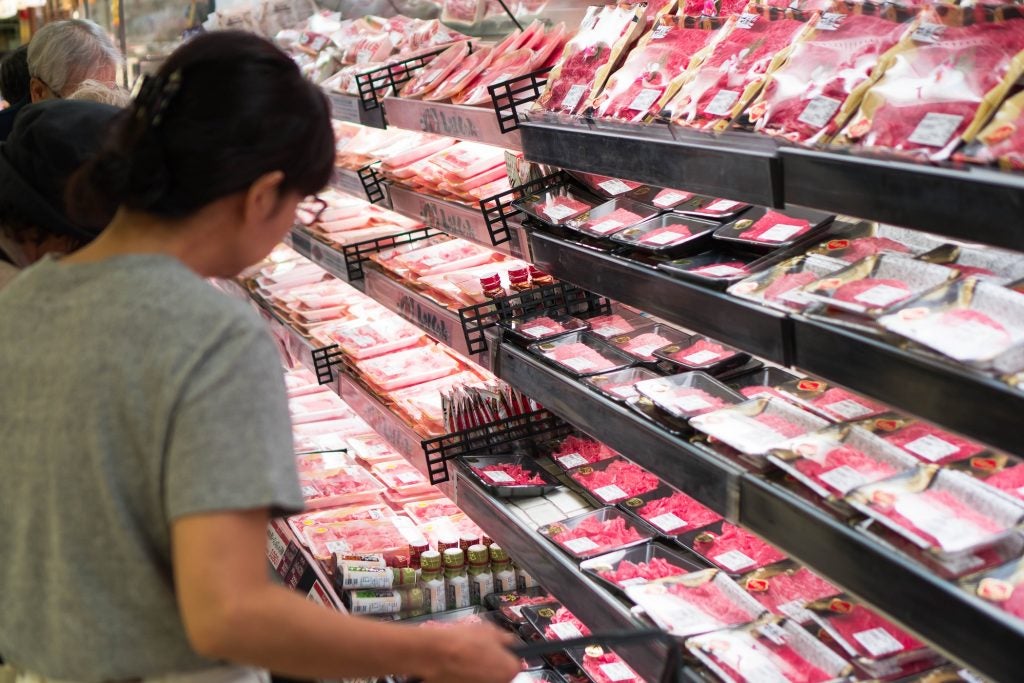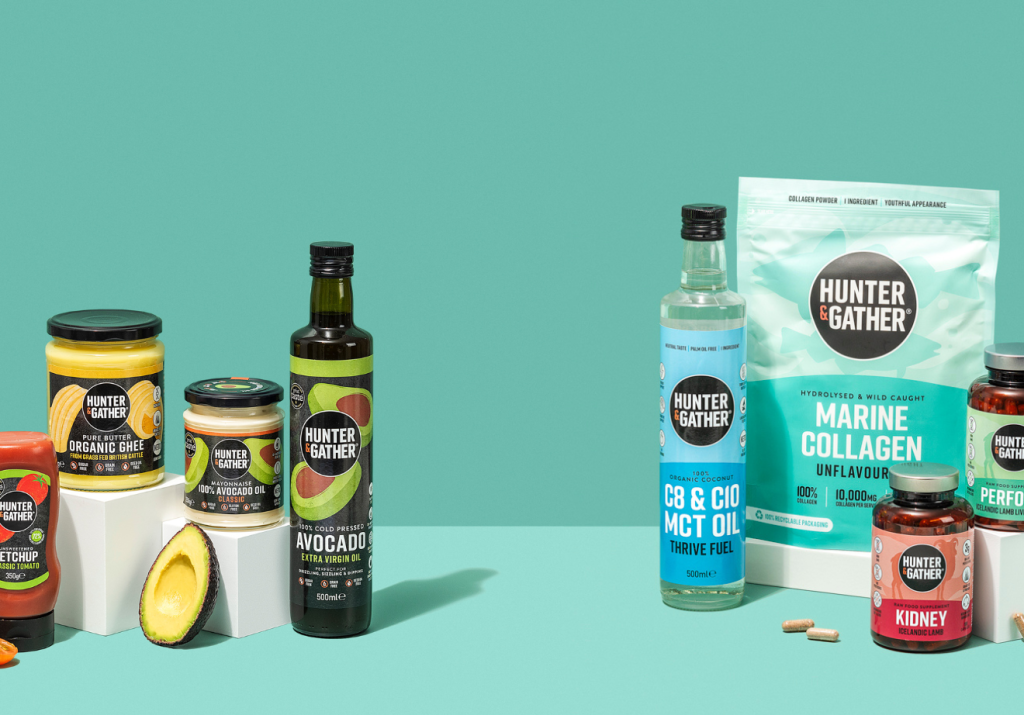The US has lost a trade deal spat over its access to Canada’s dairy market, after a dispute settlement panel agreed the latter country had not breached any trading commitments.
Canada had been accused by the US of breaking claims within the United States-Mexico-Canada Agreement (USMCA) via its dairy tariff-rate quota (TRQ) allocation measures.
The US argued that these measures prevented non-Canadian dairy producers from operating within Canada's dairy market.
It added that the country’s market-share approach for TRQ allocations were an obstacle for foreign “retailers, foodservice operators, and other types of importers”.
One panelist did support the US’s criticism of “Canada’s narrow definition of eligible applicants”, stating that it shut out large numbers of US importers, but two out of three USMCA panelists voted against the complaint.
Following the release of USMSCA’s report last Friday (24 November), US trade representative Katherine Tai said she was “very disappointed by the findings”.
She added: “Despite the conclusions of this report, the United States continues to have serious concerns about how Canada is implementing the dairy market access commitments it made in the agreement.”
This marks the second time in the past two years that the US has tackled a dairy dispute with Canada via the USMCA.
In early 2022, the nation accused Canada of saving the majority of its “in quota quantity” in TRQs for its own processors and won the case.
Tai added: “While the United States won a previous USMCA dispute on Canada’s dairy TRQ allocation measures, Canada’s revised policies have still not fixed the problem for US dairy farmers.
“We will continue to work to address this issue with Canada, and we will not hesitate to use all available tools to enforce our trade agreements and ensure that US workers, farmers, manufacturers and exporters receive the full benefits of the USMCA.”
US Agriculture Secretary Tom Vilsack said: “We will continue to voice deep concerns about Canada’s system. We remain focused on securing the market access we believe Canada committed to under the USMCA and we will continue exploring all avenues available to achieve that goal.”
Last month, the Canadian government launched The Dairy Innovation and Investment Fund, a sum worth C$333m ($244.1m), to be paid to its dairy producers and processors over the next decade.
The non-repayable compensation intends to support those within its dairy sector who have been impacted by losses made from trade agreements like the Comprehensive and Progressive Agreement for Trans-Pacific Partnership (CPTPP), and the USMCA.
Earlier this year, New Zealand won its trade disagreement with Canada over Kiwi dairy products being denied access to the country.
Both countries are a part of the CPTPP trade pact, which also includes Australia and Mexico. The UK has also committed to join.
A panel from the CPTPP trade pact declared Canada’s dairy quota administration to be inconsistent with its obligations under the terms of the CPTPP. As a result, it accused the country of not allowing New Zealand exporters to properly make use of Canada’s tariff rate quotas, as it was granting priority to domestic dairy producers.
















